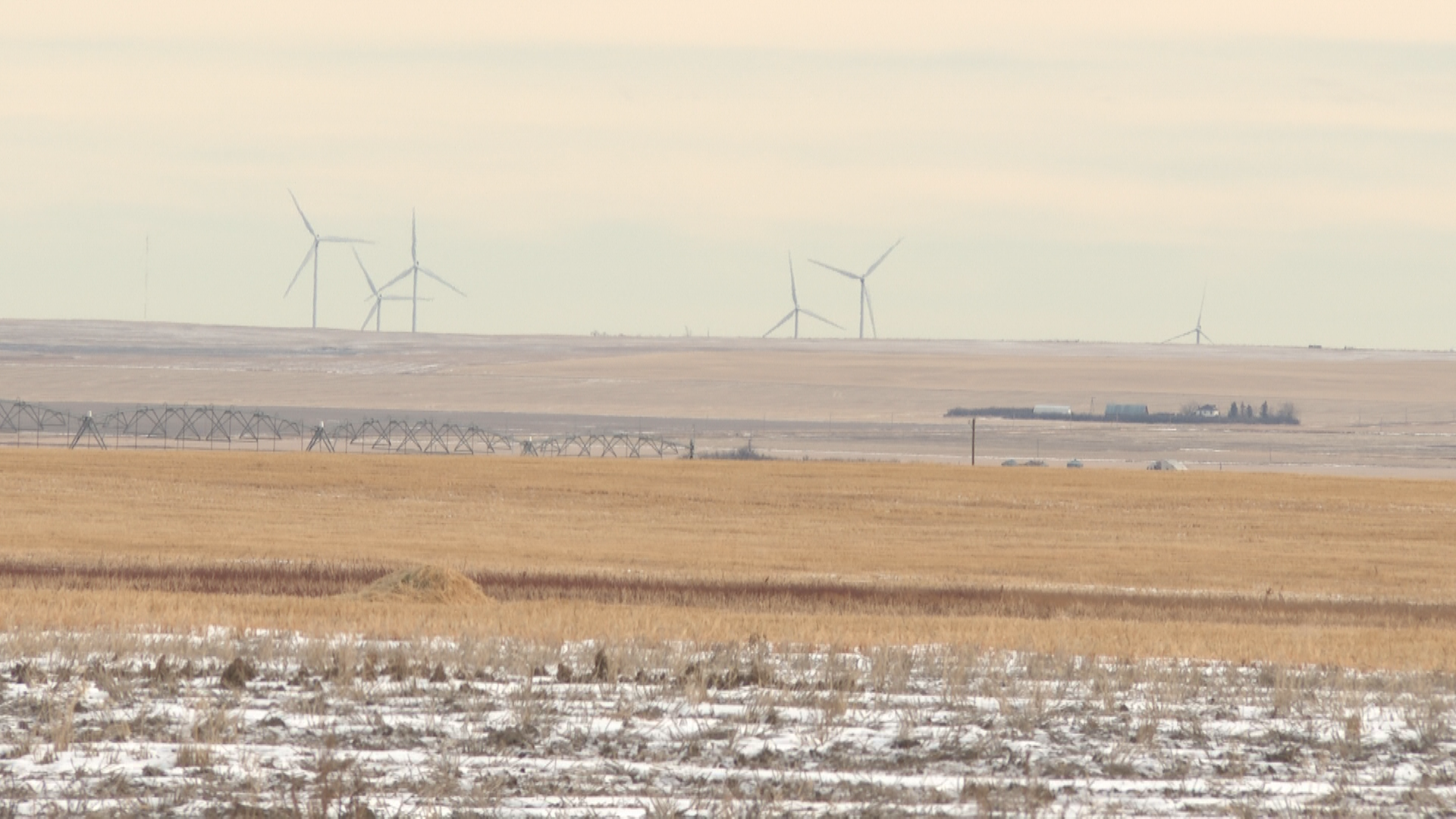The year 2025 begins with uncertainty for Alberta farmers, not primarily due to unpredictable weather patterns, but rather due to looming political and economic factors. While the precipitation forecast remains a “coin toss” according to Environment Canada, with fluctuating moisture levels throughout the latter half of 2024, farmers express a surprising degree of optimism regarding the upcoming growing season. While acknowledging the volatile nature of weather, they currently feel confident about sufficient moisture for the 2025 crops, especially dryland farmers who benefited from decent fall moisture. However, this optimism is overshadowed by anxieties stemming from potential trade disruptions and policy changes.
The erratic weather patterns of late 2024 paint a mixed picture. While September saw significant precipitation in areas like Lethbridge, the subsequent months of October, November, and even December experienced drier than usual conditions. This variability makes it difficult for meteorologists to predict the weather for the crucial spring and summer growing seasons. The unpredictable nature of Alberta’s climate adds a layer of complexity to farmers’ planning, however, at the start of the year, they seem less preoccupied with the weather itself than with political and policy-related anxieties.
Despite the uncertain weather forecast, both irrigated and dryland farmers express a degree of confidence about the 2025 season. Dryland farmers, in particular, are encouraged by the adequate moisture received in the fall, and believe there’s ample time for further precipitation before the growing season commences. This optimism is tempered by the understanding that weather conditions can change rapidly, and what appears promising in January might be drastically different a few months later. The underlying message is that while the weather is always a concern, this year other factors are taking precedence in farmers’ minds.
Overshadowing the weather-related concerns are anxieties surrounding potential trade disruptions and policy changes, particularly the proposed tariffs by incoming U.S. President Donald Trump. The uncertainty surrounding these tariffs and the potential for retaliatory measures from Canada are major concerns for Alberta farmers. The agricultural sector is highly vulnerable to trade disputes, and the unknown impact of these tariffs generates significant apprehension within the farming community. This uncertainty makes planning and investment decisions difficult, as farmers are unsure about future market access and pricing.
Adding to the trade-related anxieties are concerns about domestic policy changes within Canada, such as the carbon tax. Farmers are now grappling with a multifaceted challenge where political and economic factors are vying for attention alongside the traditional worries about weather. This shift in focus underscores the growing complexity of the agricultural landscape. While weather will always remain a critical factor, farmers are increasingly burdened by policy-related uncertainties that have the potential to significantly impact their livelihoods.
The potential for tariffs and trade wars poses a threat not only to farmers but to the entire agri-food corridor and related businesses. The consensus within the agricultural community is that tariffs are detrimental to all parties involved, leading to economic losses on both sides of the border. This shared concern highlights the interconnectedness of the North American agricultural market and the potential for widespread negative consequences stemming from protectionist trade policies. The anxieties surrounding these policy decisions underscore the importance of stable and predictable trade relationships for the prosperity of the agricultural sector and the broader economy.

